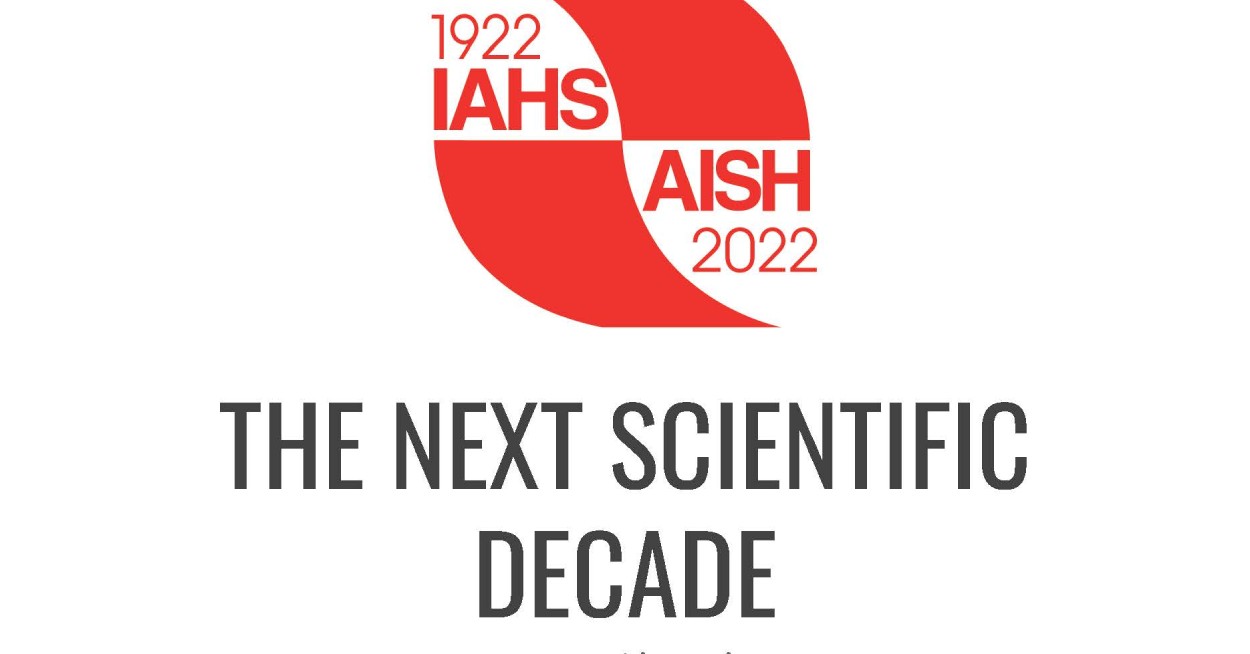The next International Association of Hydrological Sciences (IAHS) decade (2023 – 2032) will be dedicated to local solutions under the global water crisis.
IAHS has scientific decades, which set the research agenda worldwide through collaborative forces:
- 2003 – 2012: Predictions in Ungauged Basins (PUB)
- 2013 – 2022: Everything Flows: Change in hydrology and society (Panta Rhei).
- 2023 – 2032: Science for solutions: Hydrology Engaging Local People IN one Global world (HELPING)
The overall aim with a scientific decade is to accumulate knowledge and streamline the efforts so that coherent engagement, sharing, and focus accelerate scientific knowledge and understanding of a specific hydrological problem or phenomena. It stimulates vivid discussions between young and senior scientists globally. After two successful decades, IAHS want to once more boost the community through launching a third decade for collaborative efforts in hydrological sciences.
Please, contribute to the process and share your ideas HERE.
The next IAHS decade will be dedicated to local solutions under the global water crisis. The short name will be HELPING, and stand for Hydrology Engaging Local People IN one Global world.
Read more in the Concept Note
HELPING will underpin solutions for the water crisis, leaving no catchment or hydrologist behind, in search for scientific evidence to:
- Accelerate the understanding of the linkages between hydrological processes at local and global scales and their interaction with water resources.
- Engage with local scientists and societies to learn from local experience, differences in hydrological processes and change around the world, and transfer solutions globally.
- Synthesising hydrological understanding across the globe and underpin the management of current crises by finding holistic solutions to mitigate future crises.
The decade will be a bottom-up process empowered by local hydrologists and scientists using open science and local data/methods when solving local water problems. We envisage that the building of local knowledge and cooperation can inform scientists working under similar situations or facing unexpected events worldwide (e.g., learning from floods or droughts in one catchment will inform hydrologists and water management in other catchments).
This post was first published by IAHS.







